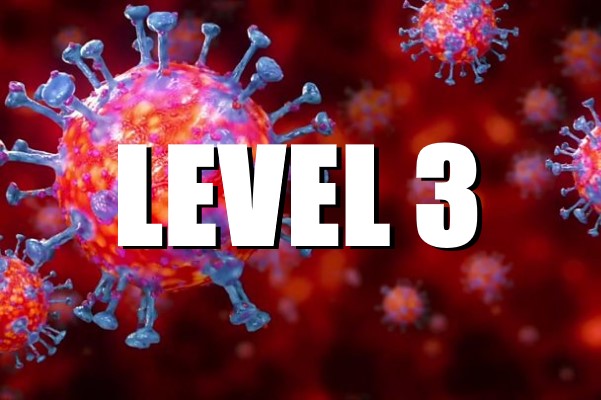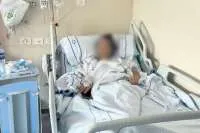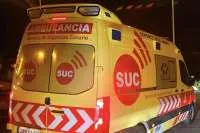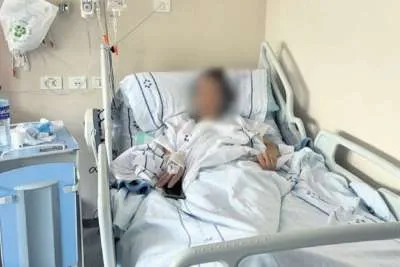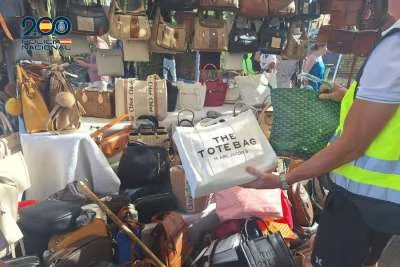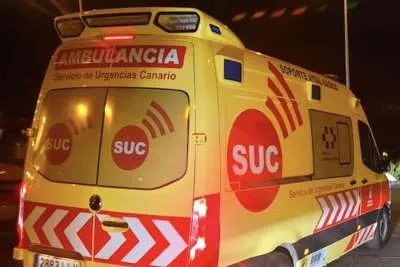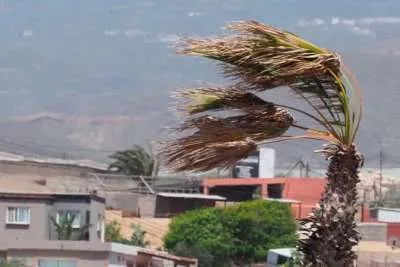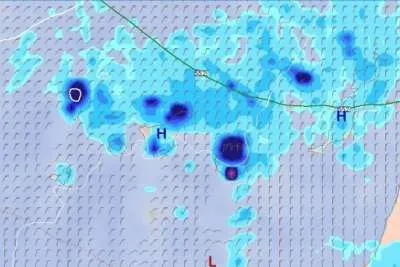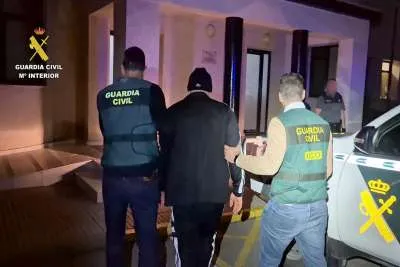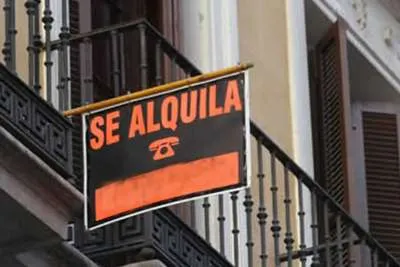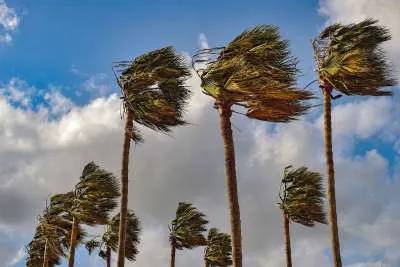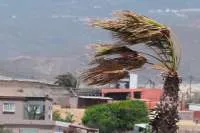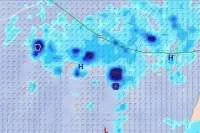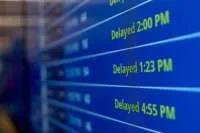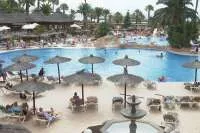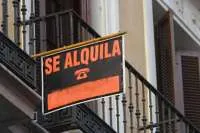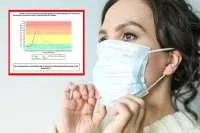Level 3 restrictions: Tenerife
- 08-01-2021
- Tenerife
- Canarian Weekly
The Governing Council agreed in its session yesterday (Thursday), new measures to contain Covid-19 that will be applied from 00:00 hours on January 11th (Monday), which will remain until January 24th (Sunday included), although they will be reviewed in the Governing Council next Thursday.
The new measures respond to the epidemiological situation of each island according to the Decree approved on December 23rd, which establishes three Levels of alert to avoid the transmission of the infection caused by SARS-CoV-2 in the Archipelago, and that will be applied in each territory depending on its Level of alert. The upward trend in the data does not yet reflect the impact of the holiday season, so this containment strategy should be maintained.
Taking into account the indicators of accumulated incidence of each island, traceability of the virus, and the data on healthcare capacity, the Canary Islands as a whole are at a risk Level that corresponds to an alert Level 2; although each island has a different position depending on its epidemiological evolution.
These are the restrictions in place for Tenerife on Alert Level 3:
- The restriction on the entry and exit of people in Tenerife is maintained for continuing at alert Level 3, except for essential reasons that are contemplated in article 6 of Royal Decree 926/2020, of October 25.
- Limitation of the freedom of movement of people at night. At alert Level 3, the freedom of movement of people is limited by a curfew between 10pm and 6am every day.
There are exceptions to these limitations contained in article 5 of Royal Decree 926/2020, of October 25, such as the acquisition of medicines and health products in pharmacies; assistance to health centres; compliance with working conditions; professional, business, institutional or legal obligations, among others.
- Capacity between non-cohabitants in public and private spaces. At alert Level 3, the permanence of people both in closed or outdoor public and private spaces will be limited to cohabitating people, except in hospitality venues, ie bars, restaurants and cafes, always respecting the maximum number of four people per table (not including children aged 6 and under).
- Specific measures for hotels, restaurants and terraces, bars and cafes. At alert Level 3, the number of diners per table is maintained at 4 people, the establishment must be closed to the public before 10pm, and the use of interior space is prohibited.
The exceptions to this are the interiors of health centres, those used exclusively for staff, and those of tourist accommodation for the exclusive use of guests staying on site.
- The collection service of food and beverages on the premises and home delivery is allowed.
- On the terraces or other outdoor spaces dependent on the establishment, activities that encourage interactions and not maintaining interpersonal safety distance or not wearing masks, such as dancing, audience participation, karaoke, etc. are prohibited.
- Gaming and betting establishments, and recreational gaming and betting venues will be closed.
- Sports practice. The practice of physical and sports activity is prohibited in the interior areas of sports facilities and centres. Physical exercise in the open air can be carried out individually and provided that the interpersonal safety distance of 2 metres can be maintained permanently.
- Hospital centres and health care centres. In hospitals, external visits are suspended except in the case of minors, pregnant women, accompanying terminal patients and those other clinical situations that are considered necessary at the discretion of the physician.
- In nursing homes for the elderly, residents' exits outside the centres and external visits are suspended, except in the case of accompanying terminal patients and those other situations that are considered necessary at the discretion of the centre's management for health reasons.
- Public transport. In regular urban and metropolitan public land passenger transport, capacity is reduced to 50%. At peak times, try to avoid using public transport for non-essential or postponed trips. It is recommended to increase the frequency of public transport schedules, ensuring adequate ventilation and compliance with preventive measures, which include not eating or drinking and using masks correctly.


